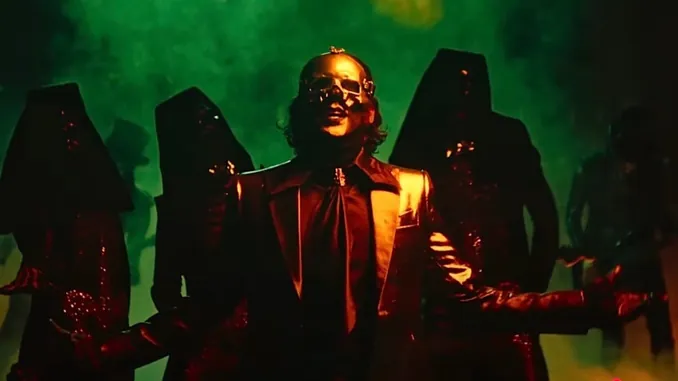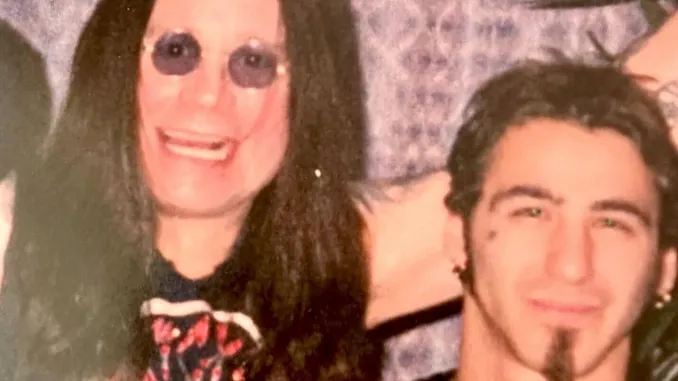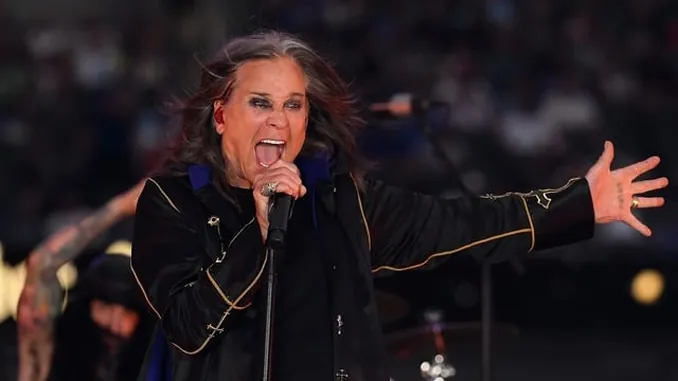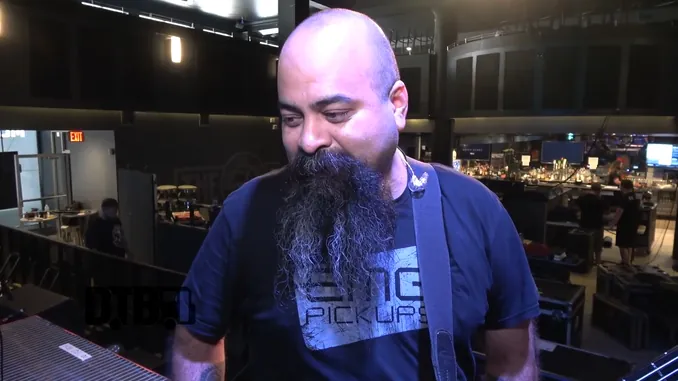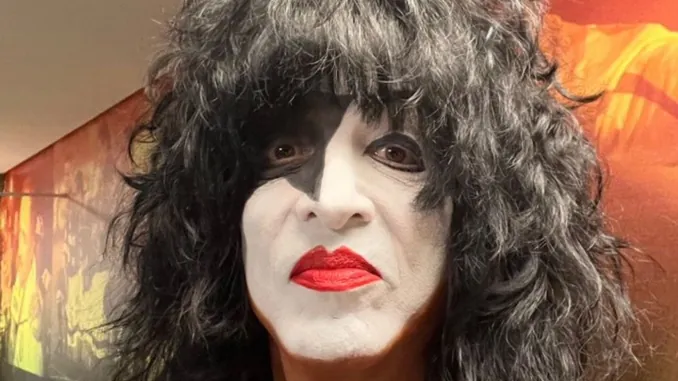ROB HALFORD on JUDAS PRIEST’s Turbo Backlash: ‘Everybody Wanted To Throw It In The Bin’
He recalls the 1986 controversy as JUDAS PRIEST prepare to mark Turbo’s 40th anniversary at Bloodstock 2026.
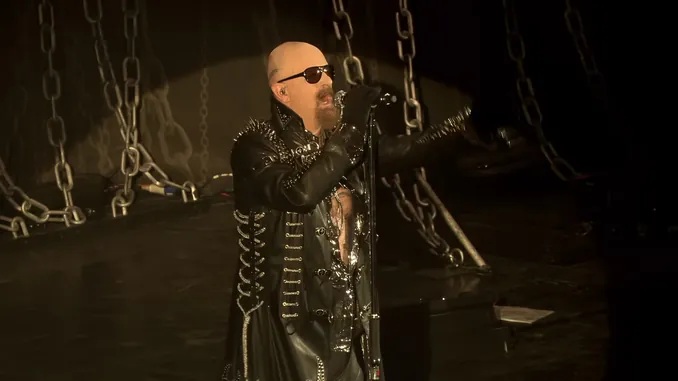
Summary
- Rob Halford admits fans wanted to trash Turbo in 1986, but now 30,000 voices sing ‘Turbo Lover’ at shows.
- Judas Priest’s 2026 Bloodstock Open Air set will honor 50 years of Sad Wings Of Destiny and 40 years of Turbo.
- Band members explain Turbo’s synth-heavy sound as artistic curiosity, not a betrayal of their metal roots.
In a new interview with U.K.’s Planet Rock, Rob Halford spoke about JUDAS PRIEST’s upcoming headlining appearance at the 2026 edition of the Bloodstock Open Air festival.
The legendary band’s performance will mark a convergence of monumental anniversaries: 50 years of their seminal “Sad Wings Of Destiny” album and 40 years of the polarizing, synth-drenched “Turbo”.
Related
When asked about the challenge of building a setlist from a five-decade career, Halford expressed the familiar struggle.
“So difficult, mate,” Rob said. “You look at the songs, the hundreds of songs and the albums, and your head starts swiveling around like Linda Blair in ‘The Exorcist’. And you just [think], ‘Where are we gonna start?’”
The conversation naturally turned to the legacy of “Turbo”, an album that saw PRIEST embrace guitar synthesizers, a move that was met with significant resistance from a portion of their fanbase in 1986.
Halford reflected on the dramatic shift in perception over the past four decades.
“You’ve got 30,000 metal maniacs singing ‘I’m your turbo lover’ [at PRIEST shows now], but when that album came out, everybody wanted to throw it in the bin,” he said. “‘What is this? This ain’t metal.’”
This is a sentiment Halford has echoed before. Speaking to Ultimate Classic Rock in 2017 around the album’s 30th-anniversary reissue, the Metal God emphasized that JUDAS PRIEST has always refused to make the same record twice.
“Every album that we’ve made is a time capsule of where that band is at that particular time,” he explained. “We’ve never been a band that’s stood still… That’s been one of our great life-saving elements as a band. The controversy for ‘Turbo’ was that, suddenly, we were in a different spot. But we had to do it. We had to make that record.”
The “different spot” was largely defined by the introduction of the Roland guitar synthesizer.
Guitarist Glenn Tipton, in a 2017 interview with Vintage Rock, shed light on the band’s motivation, stressing it was about artistic curiosity, not replacing their signature sound.
“They were new inventions at the time,” Tipton stated. “We’ve always been a band that has been eager to get our hands on anything that’s new, and we wanted to experiment with them… We wanted to put another layer of sound on there, not to change the guitar, but to add to it.”
Bassist and founding member Ian Hill corroborated this view, explaining that the shift on “Turbo” was also a conscious reaction to the tone of its predecessor, 1984’s blistering “Defenders Of The Faith”.
“It was a departure, but it was deliberate,” Hill told The Aquarian Weekly in 2018. “We never tried to make the same album twice… ‘Defenders’ was a very aggressive, powerful album. If we had tried to make another album like that, we would have failed. So, we went in a completely different direction, using the new technology that was available at the time. It did split the fans a little bit, but most of them have grown to love it over the years.”
Even former guitarist K.K. Downing, in his autobiography “Heavy Duty: Days And Nights In Judas Priest”, remembered the era as a “good-time” period for the band, which was reflected in the album’s more commercial and atmospheric sound.
Speaking with eonmusic in 2018, Downing revealed the album was originally conceived as a much grander project.
“It was meant to be a double album called ‘Twin Turbos’,” he said. “Half of the album was gonna be more commercial, and the other half was gonna be more… what you would expect. But the record company, for a start, they were having none of it.”
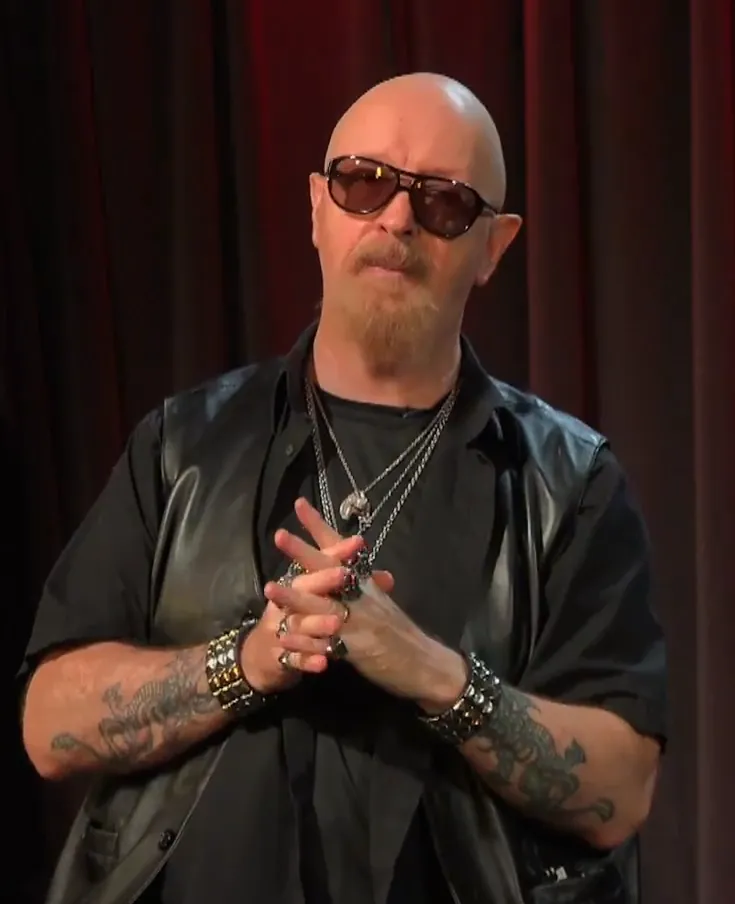
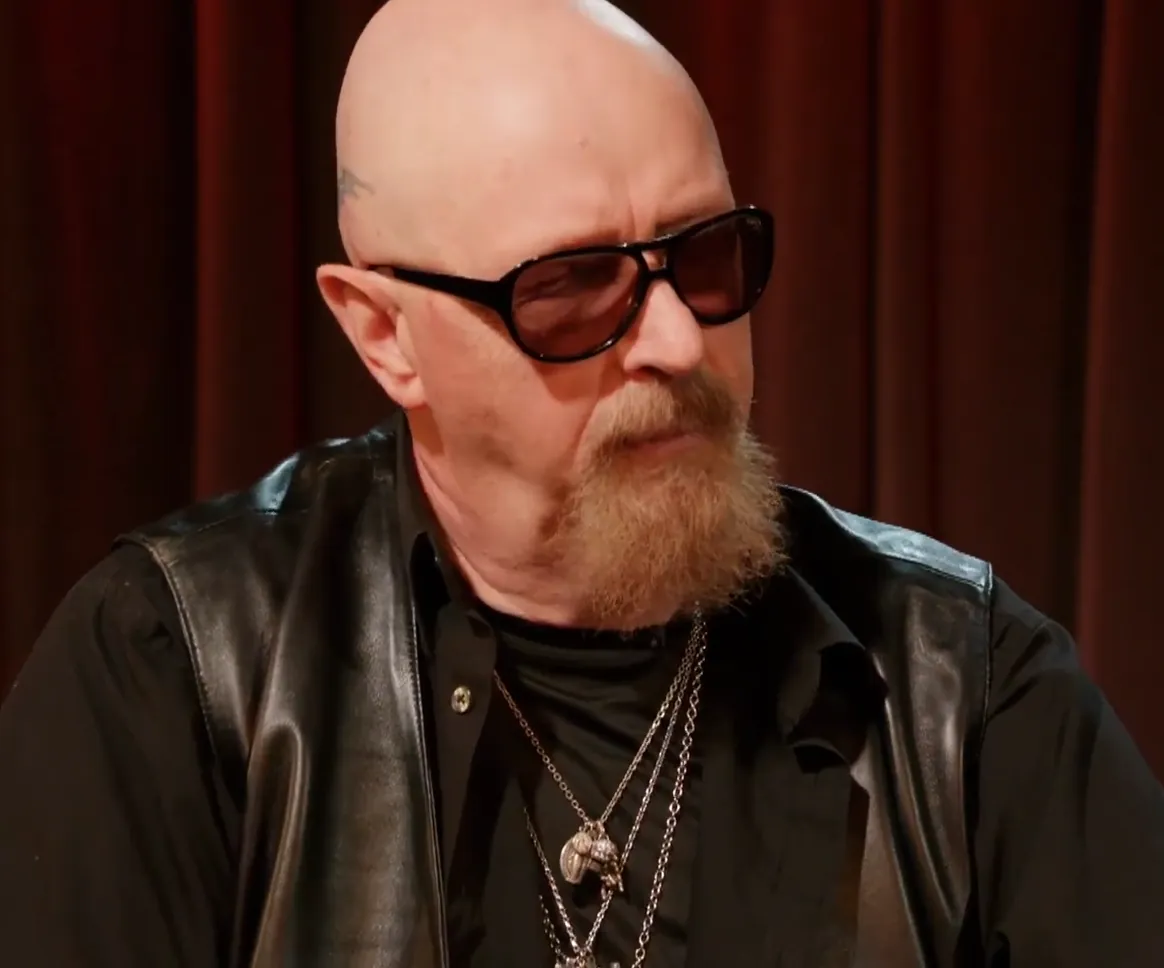
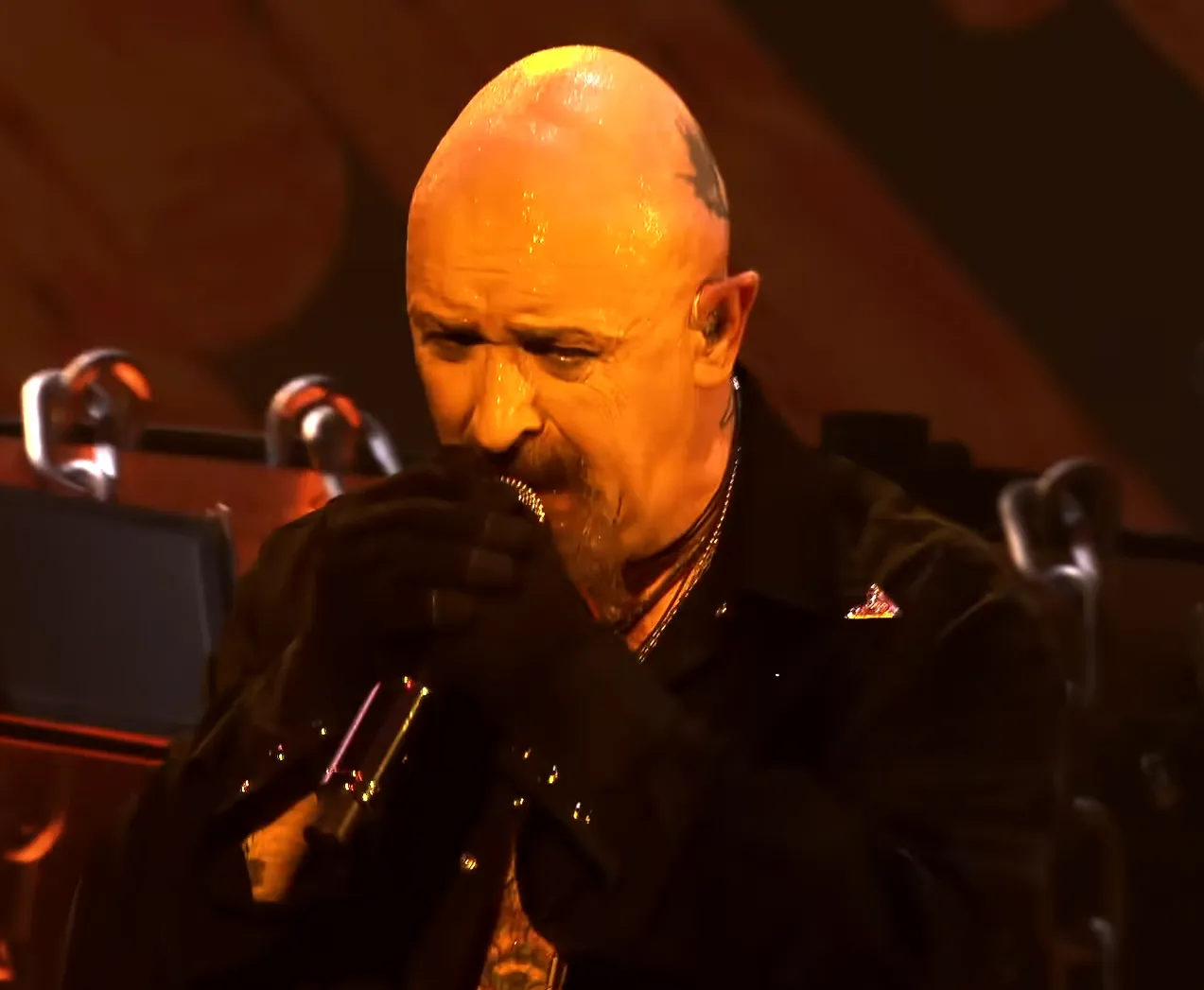
In March 2024, Judas Priest released their 19th studio album, “Invincible Shield”, produced by Andy Sneap with contributions from longtime collaborator Tom Allom.
The album reached No. 2 on the UK Albums Chart, the band’s highest position to date, and entered the U.S. Billboard 200 at No. 18. It also topped the Billboard Top Hard Rock Albums chart.
The group spent 2024 and 2025 on the road supporting the record with the Invincible Shield Tour. In December 2024, they announced the “Shield of Pain Tour”, which included material from Invincible Shield as well as a focus on the 35th anniversary of Painkiller.
The run included a one-off show in Bilbao, Spain, in June 2025.
During summer 2025, Judas Priest added tributes to their setlists following the death of Ozzy Osbourne.
At Scarborough’s Open Air Theatre in July 2025, the band opened their show with a cover of “War Pigs” and included “Giants in the Sky” in the encore.
Around the same time, Rob Halford spoke publicly about Osbourne’s death, saying he was deeply affected and noting that Priest recorded “War Pigs” as a tribute.
In 2025, work was also announced on a documentary film titled “The Ballad of Judas Priest”, directed by Sam Dunn with Tom Morello as co-director.
The project is set to cover the band’s five-decade history and Halford’s personal milestones, though no release date has been confirmed.
Got a tip for us? Email: [email protected]
James Hetfield has built a career on intensity and control, but even he has moments where personal taste takes a back seat. One of those moments came …


